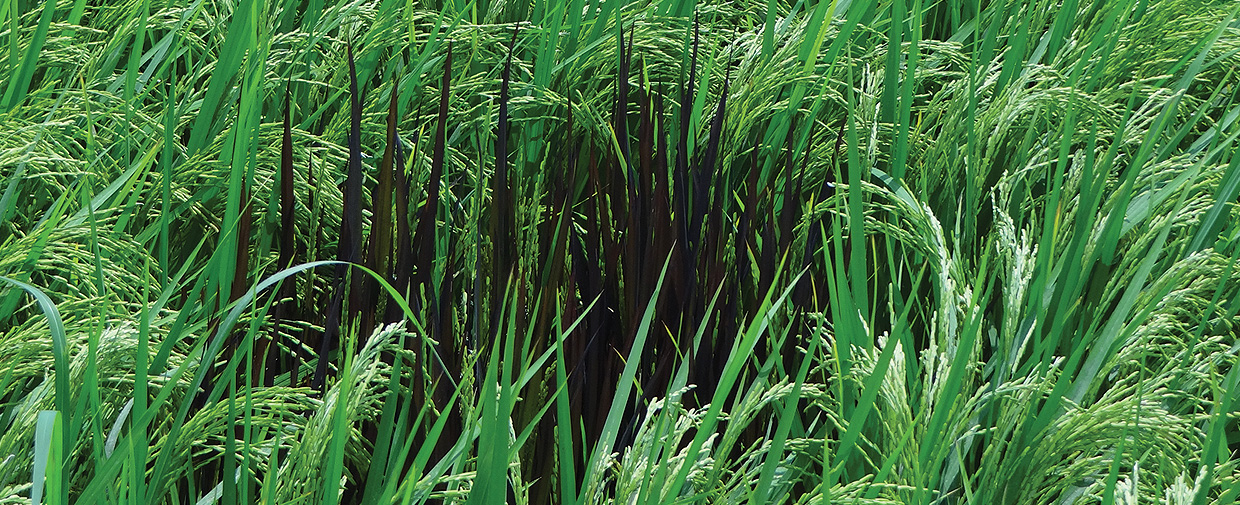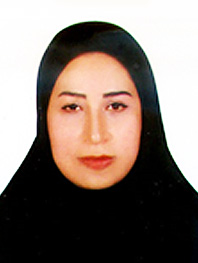Insect, disease, and weed pressures are the greatest threats to our food supply as they compete with crops for essential nutrients and rob them of their yield and quality. The DPP has been a major player in recent progress to control the abovementioned pressures. Given how essential effective controlling strategies with this unwanted organism are, the DPP department officially established three different laboratories, namely pest control, disease control and weed control labs. Its mandate is to ensure the effective methods were selected through reducing pesticide use, introducing low risk and environmental friendly pesticides, using alternative control methods instead of chemical control, finding resistance resources to major pests and diseases and integrated pest management programs.
Plant Protection (DPP)
Research activities
- Identification of pests, disease agents and important weed of rice paddy fields
- Investigation of the effective controlling methods of rice insect pest, disease and important weed of rice paddy fields
- Basic and applied research on biology, ecology, damage rate and economic injury level of pests, disease pathogen agents and weeds
- Investigation of the predictive methods to obtain appropriate preventive methods for insect pest and pathogens of rice
- Identification of natural enemies such as predators, parasitoids, pathogens, and optimal application of them in biological control in paddy fields
- Research and development of modern pest control methods in biological control strategies, and the use of agricultural sexual pheromone to produce healthy and organic rice
- Evaluation resistance and resistance resources of newly released rice varieties against to rice insect pest and diseases

Achievements
- Introducing of sexual pheromone rice striped stem borer, Chilo suppressalis
- Introducing of Trichogramma wasp as controlling agent against rice moths pests, particularly, striped stem borer, Chilo suppressalis
- Application of Bacillus thuringiensis against initiation instars of larval of striped stem borer, Chilo suppressalis
- Reduction of pesticides consumption (including insecticide, fungicide, and herbicide)

Some of DAPB Published papers
Maazikajal, Valiollah, Bijan Yaghoubi, Atosa Farahpour, Mehdi Mehrpouyan, and Ali Vahedi. “Comparison of the efficacy of penoxsulam with some common paddy rice herbicides.” en.journals.sid.ir (2012): 223-235.
Golshan, Hediyeh, Moosa Saber, Farzad Majidi-Shilsar, Mohammad Bagheri, and Vahid Mahdavi. “Effects of Common Pesticides Used in Rice Fields on the Conidial Germination of Several Isolates of Entomopathogenic Fungus, Beauveria bassiana (Balsamo) Vuilleminof Rafsanjan Region and Vicinity, South East Iran.” Journal of the Entomological Research Society 15, no. 1 (2013): 17-22.
Ashrafi, Seyyed Yaser, Hassan. Alizadeh, Bijan Yaghoubi, Yahya. Abtali, and Mohsen Beheshtian Mesgaran. “The effect of Azolla herbicides on yield and yield component of rice.” In Proceedings of 3rd Iranian Weed Science Congress, Volume 2: Key papers, weed management and herbicides, Babolsar, Iran, 17-18 February 2010, pp. 574-577. Iranian Society of Weed Science, 2010.
Shahbazi, Hadis, Heshmatollah Aminian, Navazollah Sahebani, and Dennis A. Halterman. “Biochemical evaluation of resistance responses of potato to different isolates of Alternaria solani.” Phytopathology 100, no. 5 (2010): 454-459.
Jalaeian, Mahdi, Ali Golizadeh, A. Sarafrazi, and Babak Naimi. “Inferring climatic controls of rice stem borers’ spatial distributions using maximum entropy modelling.” Journal of Applied Entomology 142, no. 4 (2018): 388-396.






